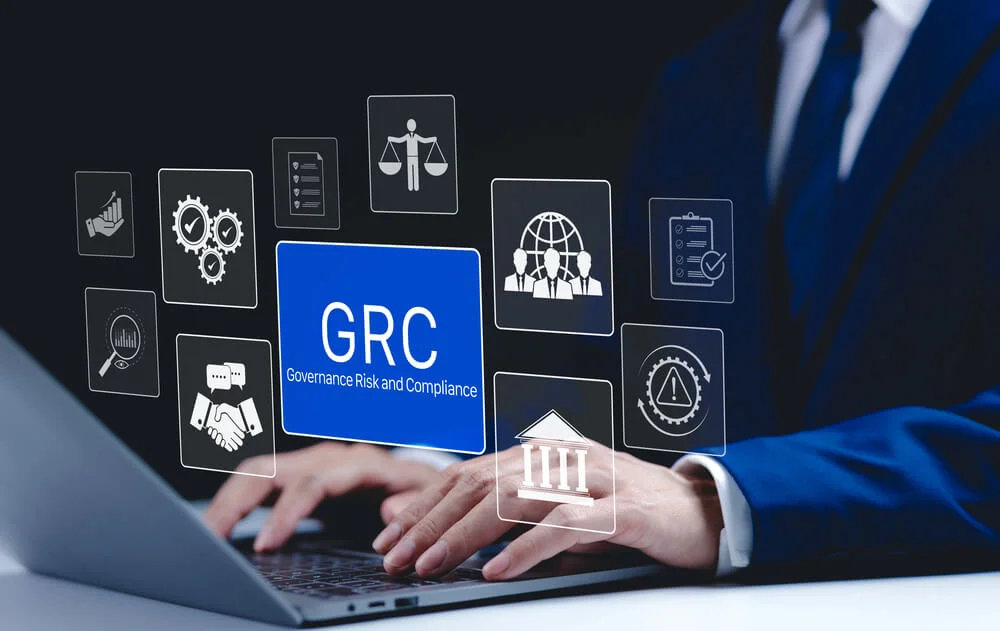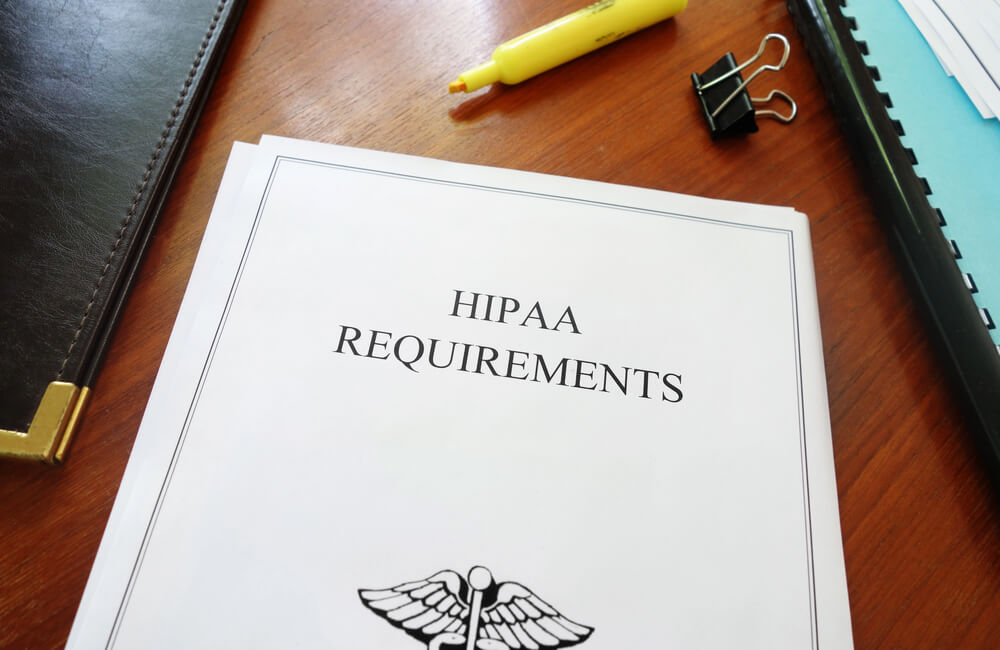If your business handles personal customer information, it is essential to keep this data private and secure. Customer data protection depends on a robust data security plan. When assessing your current security practices, your strategy should incorporate these five guidelines.
1. Evaluate Your Current Customer Data Protection Practices

To ensure that your business is executing proper data protection protocols, get a complete picture of the personal information that your business collects and how it handles this data. Investigate every department and figure out the following:
- Sources of personal information: Figure out who sends private data to your company. Sources can include customers, other businesses, and financial institutions.
- Points of entry: Determine how your company collects data. Entry points can include websites, mail, email, in-person collection, and digital cash registers.
- Type of collected information: Understand the sort of data that your company gathers. Different types of personal information require varying levels of security. For example, your business must adhere to certain standards for financial information and even stricter standards if you also handle your customers’ health information.
- Potential access to data: Determine who has access to personal data. Is your data only available to in-house personnel or do outside vendors have access as well?
- Data storage of each entry point: Once your company collects information, find out where it stores this information. Storage methods include central software databases, cloud storage, employees’ personal devices, or even file cabinets.
An effective customer data protection plan begins with understanding the overall data handling of your business to properly assess the potential security risks. Knowing where and how your business is vulnerable to a cyberattack allows you to find the best ways to protect personal information.
2. Collect Minimum Necessary Customer Data for Compliance
Ensure that your business gathers pertinent information only. Prevent your personnel from collecting unnecessary information to avoid the necessity of adhering to stricter protective measures. Ways to minimize data handling include:
- Ensure mobile applications access data that is necessary only for basic functionality.
- Collect private information that is essential for your business. Do not collect personal information, such as Social Security numbers, unless your company requires this data.
- Do not store financial information after business transactions occur.
- Limit access to information. Your employees should only have access to the data they need to perform their job duties.
Once you have confirmed that your business is handling the minimum amount of data for essential job functioning, determine the legal standards that you must follow for effective customer data protection. If you do not adhere to current standards, your business could face fines or other serious consequences.
While there are comprehensive regulations, such as the California Consumer Privacy Act of 2018 and the General Data Protection Regulation in Europe, you should also determine the local legislation you must follow. Since 2019, there has been an uptick in privacy legislation in the United States. Each state has its own regulations that you must follow.
3. Develop and Execute Strict Customer Data Protection Measures
Best practices for data security include protecting information physically and electronically.
Physical Security Measures
Following these on-site rules can help protect customer data:
- Lock up hardcopy documents and thumb drives in a secure room or file cabinet.
- Limit access to personal information. Personnel should only access private information on a need-to-know basis.
- Take inventory of any information that your company ships to third-party vendors and track this information up until delivery.
- Control the number of employees who have keys to locked rooms or cabinets that contain customer data.
Electronic Security Measures
Your business should take the following measures to ensure digital customer data protection:
- Maintain overall network security: Every digital device should have security software, and anti-malware programs should regularly scan for harmful programs. Limit your storage of personal information on the internet or cloud services and encrypt all information that you send to third parties, especially those in the public sector. Personnel should not be able to download personal information from your business’s network or upload information into your network.
- Uphold authentication protocols: You should instruct personnel to only use strong passwords that include capital letters, numbers, and special characters. Personnel should update passwords at least quarterly and should not share login credentials with other employees.
- Manage mobile device security: Your company should restrict mobile-device use to the personnel who need such devices to perform job functions. Limit storage capabilities to prevent data breaches. Encrypt any personal information that employees must store on mobile devices.
- Control wireless or remote access: Encrypt any information that your business delivers to and from a wireless network. If your business has remote access, protect entry points with strict password protocols and virtual private networks.
- Monitor potential data breaches: You should continually monitor incoming and outgoing data traffic for unauthorized access. Equip any central digital storage with an intrusion detection program. Implement a response plan to prepare your company for the possibility of an actual data breach.
4. Ensure Your Employees Have Proper Training
The best offense to ensure customer data protection always depends on your defensive measures. All employees should have training on proper data handling and how to detect potential cybersecurity attacks. At a minimum, your training should include the following:
- Phishing awareness: Make employees aware of the dangers of phishing and the different types of phishing methods.
- Disciplinary measures: Implement strict disciplinary actions for unauthorized disclosures of customers’ personal information and ensure employees understand what these consequences are.
- Security threat detection: Train personnel to detect potential security threats to your business’s network.
- Travel Safety: Instruct employees on how to properly safeguard information when using mobile devices during travel,
5. Incorporate Security Software for 24/7 Customer Data Protection
Developing a sound data security strategy is only half the battle. Using the correct software is a practical business tactic to win the war against cyberattacks. At Compyl, we have developed an all-in-one Information Security and Compliance Automation Platform to help your business reduce its vulnerability to security threats. Our platform helps your business stay up-to-date with current compliance measures and maintain constant vigilance against potential attacks. For customer data protection you can rely on, contact our team today.




